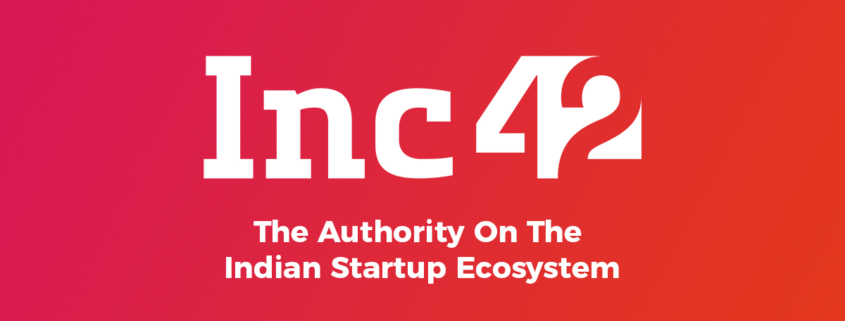Fujitsu Confirms Hackers Stole Customer Data
Fujitsu has officially confirmed in a blog post that malware has been detected in its systems. Hackers could have stolen personal and customer information.
The confirmation was reportedly made late last week. The Japanese tech giant said a significant cybersecurity breach exposed systems and data, including sensitive client information.
Fujitsu claims that after establishing the malware’s existence, it quickly separated the impacted business systems and took action, including surveilling additional company PCs.

(Photo: KAZUHIRO NOGI/AFP via Getty Images) Japan’s second quantum computer has been successfully developed. Fujitsu and research institute Riken are at the forefront of the latest technological advancement.
Although the company claims to have not received any reports of customer data being misused, Fujitsu pointed out that the company has reported the event to the Personal Information Protection Commission and is currently creating individual notices for the affected consumers.
Fujitsu is reportedly the sixth-largest provider of IT services in the world. Its portfolio consists of software, hardware for telecommunications, cloud solutions, system integration, IT consulting services, and computing devices, including servers and storage systems.
Read Also: Japan’s Second Quantum Computer Successfully Developed by Fujitsu, Riken
Fujitsu Data Breaches
The malware notification follows a hack into several Japanese government agencies’ offices in May 2021. Thanks to an exploit of Fujitsu’s ProjectWEB information-sharing technology, the hack gave rise to the unlawful access and subsequent theft of 76,000 email addresses and confidential information.
The stolen materials were among the sensitive data from government networks and perhaps air traffic control information from Narita International Airport.
Despite these Fujitsu data breaches, the company has proven to remain a global player in the tech industry, for better and for worse, most notably in the United Kingdom, wherein it reportedly became the epicenter of the “Post Office Scandal.”
More than 900 sub-postmasters were falsely convicted due to flaws in Fujitsu’s…





 2
2